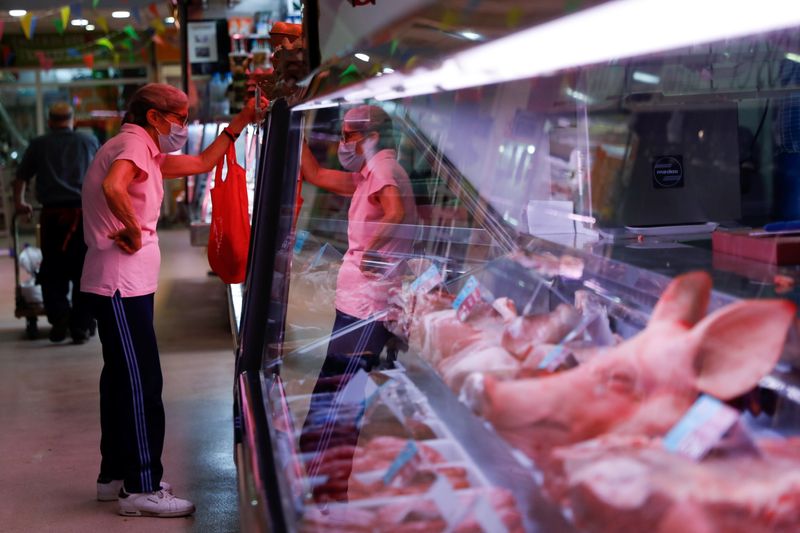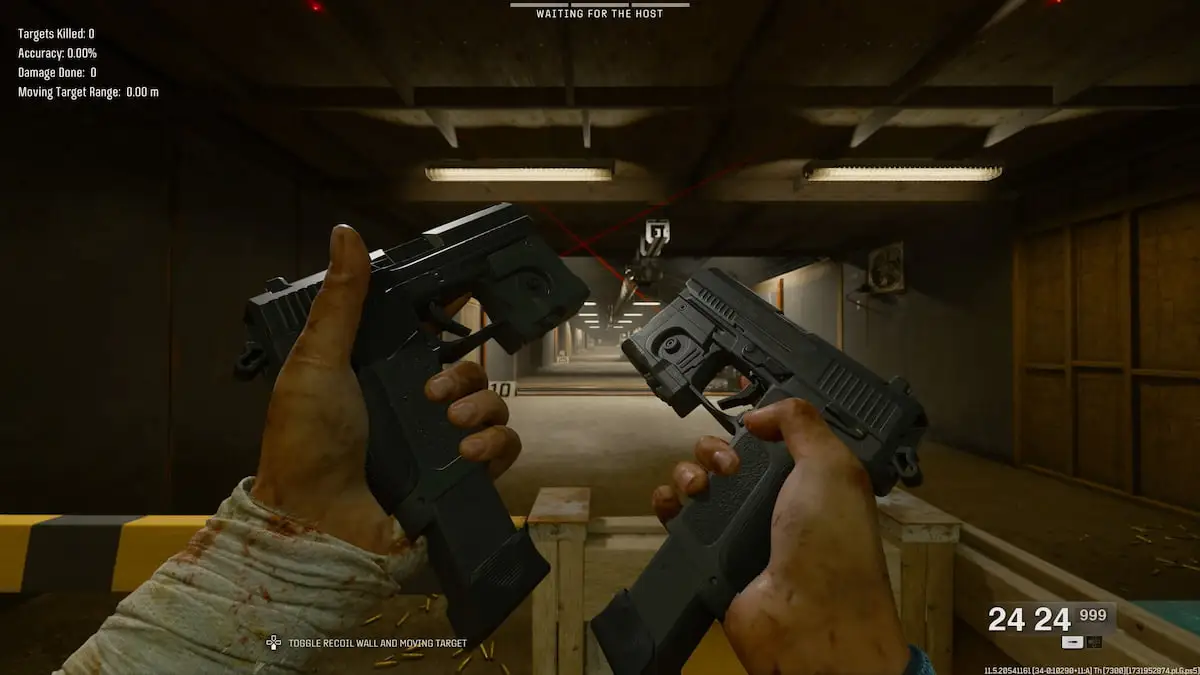Please try another search
 Economy12 hours ago (Sep 29, 2021 04:58PM ET)
Economy12 hours ago (Sep 29, 2021 04:58PM ET)
 © Reuters. A woman wearing a face mask shops at a market in Madrid, Spain, May 31, 2021. REUTERS/Susana Vera
© Reuters. A woman wearing a face mask shops at a market in Madrid, Spain, May 31, 2021. REUTERS/Susana Vera
By Aida Pelaez-Fernandez and Inti Landauro
MADRID (Reuters) -Spain’s inflation surged to a 13-year-high in September as consumer prices rose a higher than expected 4% year-on-year, official data showed on Wednesday, adding pressure on the European Central Bank to potentially tighten its policy.
The highest reading since September 2008, when the rate was 4.5%, was fuelled by energy costs and to a lesser extent by the prices of tourism packages and vehicle fuels and lubricants, according to the National Statistics Institute (INE).
One of the first euro zone countries to release inflation data for September, Spain is also seeing one of the fastest rolling 12-month price increases.
INE data also showed Spain’s EU-harmonised consumer price index rose by 4.0% in September on an annual basis, also a 13-year record, up from 3.3% in August. Analysts polled by Reuters had expected a 3.7% price increase.
With price pressures steadily building on a slew of factors, from higher energy prices to supply bottlenecks, euro zone borrowing costs have risen in recent weeks as investors bring forward their interest rate hike expectations.
Analysts, bankers and regulators insist the price hike is temporary though the speed to a return to central bank target of 2% is disputed.
“The inflation episode is temporary and there is consensus on that, but it seems it will last longer than initially thought,” Jose Antonio Alvarez, CEO of Spain’s largest bank Santander (MC:), said on Wednesday.
Spiralling energy costs have also pushed Spanish industrial prices up 18% year-on-year, the fastest pace since May 1980. Higher industrial prices are usually passed on into consumer prices, at least partly, within weeks.
European Central Bank President Christine Lagarde on Tuesday urged caution before tightening the ECB’s ultra-easy policy, saying the bank would only react to a durable inflation upswing, while right now it saw no signs of a broad-based increase.
Although inflation could rise as high as 4% by the end of this year, twice the targeted rate, Lagarde argued that price growth will then quickly sink back below the bank’s target and languish under its 2% objective for years to come.
A big policy move is still expected in December, when the bank is likely to decide to end a 1.85 trillion euro pandemic emergency stimulus scheme.
Related Articles
Disclaimer: Fusion Media would like to remind you that the data contained in this website is not necessarily real-time nor accurate. All CFDs (stocks, indexes, futures) and Forex prices are not provided by exchanges but rather by market makers, and so prices may not be accurate and may differ from the actual market price, meaning prices are indicative and not appropriate for trading purposes. Therefore Fusion Media doesn`t bear any responsibility for any trading losses you might incur as a result of using this data.
Fusion Media or anyone involved with Fusion Media will not accept any liability for loss or damage as a result of reliance on the information including data, quotes, charts and buy/sell signals contained within this website. Please be fully informed regarding the risks and costs associated with trading the financial markets, it is one of the riskiest investment forms possible.
Note: This article have been indexed to our site. We do not claim ownership or copyright of any of the content above. To see the article at original source Click Here















